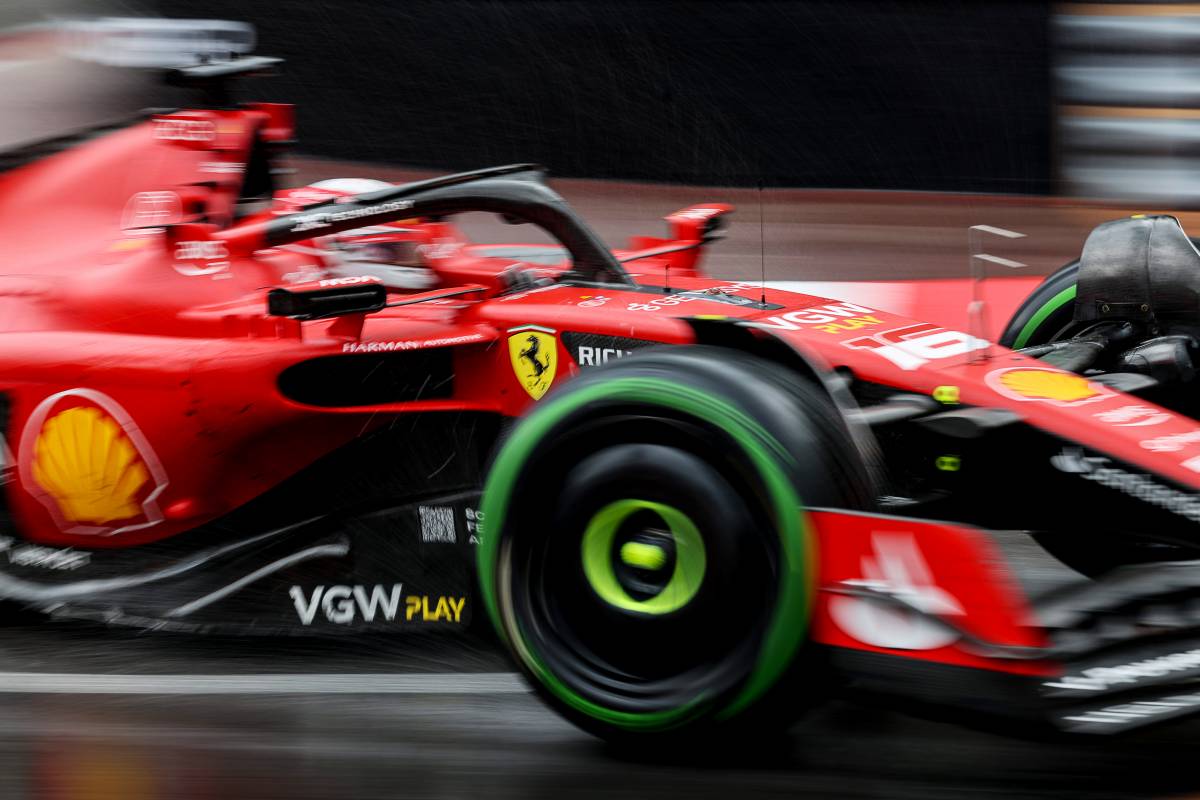Competitive gaming, commonly known as eSports, has transformed from a niche pastime into a global phenomenon, reshaping the entertainment world with its rapid growth in popularity and economic impact. As it bridges the gap between digital interaction and spectator sports, eSports is creating a new form of entertainment that appeals to a diverse, global audience. This article explores how eSports is redefining entertainment, blending traditional gaming with the excitement of competitive sports.
The Rise of eSports
The evolution of eSports from arcade game competitions to global online tournaments marks a significant shift in digital entertainment. Technological advancements, including high-speed internet and live streaming capabilities, fueled this transformation, which broadened its reach and appeal. Today, eSports boasts impressive statistics, with a rapidly growing market size, increasing viewership, and significant revenue generation. These factors highlight its popularity and impact on the entertainment industry, transforming it into a major sector comparable to traditional sports.
Competitive Gaming Genres
Competitive gaming spans various genres, each with its own unique appeal and community. First-person shooters (FPS) and Multiplayer Online Battle Arenas (MOBA) are particularly popular, known for their fast-paced action and strategic teamplay. Real-Time Strategy (RTS) games, demanding quick decision-making and tactical prowess, are also important in eSports. Additionally, sports and racing simulators have carved out their niche, offering realistic and immersive experiences that attract both gamers and traditional sports fans, further diversifying the eSports landscape.
The Unique Case of Poker in Competitive Gaming
Poker’s journey from a recreational card game to a competitive sport is marked by its increasing complexity and popularity. Historically rooted in the American frontier, poker has evolved into a game celebrated in major tournaments worldwide. Unlike many traditional eSports, poker combines mathematical skills, strategic foresight, and a deep understanding of human psychology. Players must constantly adapt their strategies to the unfolding game dynamics and their opponents’ behaviors.
Events like the World Series of Poker have elevated the game to a global stage, attracting large audiences and mainstream media attention. These tournaments have showcased poker as a game of intense skill and drama, captivating viewers far beyond the traditional gaming community. The introduction of poker online has played a significant role in popularizing the game, making it accessible to a vast audience worldwide. These platforms have brought the game to the masses and sparked debate about whether poker should be classified as an eSport, considering its blend of skill, strategy, and competitive nature.
The World of Professional Gamers

Professional gamers epitomize dedication, undergoing rigorous training and facing unique lifestyle challenges. Their world is structured around professional teams and leagues, mirroring conventional sports organizations. This structure supports a competitive environment where players strive for excellence in popular games across various genres. The life of a professional gamer is a blend of skill development, strategic gameplay, and adapting to the dynamic nature of competitive gaming, reflecting the seriousness and professionalism of the eSports industry.
The Impact of eSports on Traditional Entertainment
eSports is reshaping the entertainment landscape, challenging traditional sports in audience size, engagement, and media rights. Streaming platforms and social media play a pivotal role, offering accessibility and interactivity that traditional media cannot match. This digital-first approach has attracted a younger, tech-savvy audience, leading to innovative sponsorship and advertising strategies. Brands are increasingly recognizing the value of associating with eSports, leading to lucrative deals. This shift is changing how we view sports and entertainment and how they are marketed and consumed.
The Future of Competitive Gaming
The future of competitive gaming looks bright, with emerging trends and technological advancements shaping its trajectory. Integration with technologies like VR and AR is set to offer more immersive experiences, blurring the lines between virtual and physical realms. As eSports continues to grow, its relationship with mainstream entertainment is expected to deepen, influencing everything from content creation to consumer behavior. This evolution suggests a future where competitive gaming coexists with traditional entertainment forms and plays a significant role in defining them.









